


Hatred, the upcoming game from Polish developer Destructive Creations, is a title that has many people riled up for its portrayal of brutal mass murder. But neither its content nor its developers’ questionable ties to far-right organizations are the sole reasons to be concerned about the impact of Hatred. The game doesn’t doesn’t even look appealing.
In Hatred, players take on the role of a white male protagonist who goes on a rampage—killing police officers and brutalizing innocent civilians. Armed with a machete, grenades, and a wide array of firearms, the dude carves his way through a swath of civilians in public locations, like a mall and a police station.
Hatred isn’t a game that’s treading any new ground. It’s simply a prettified, modernized version of the Postal series of games from Running With Scissors, games that were—at their time—decried for their content. Mercifully, those games were ugly as well as bland.
Serious questions can be raised about where creators should draw the line on violence in video games. It seems OK when the characters being killed—brutally, even—happen to be inhumane monsters like the orcs in Middle-earth: Shadow of Mordor; or faceless militants in any number of Call of Duty titles. They exist not to cower in fear or to run away but to shoot at the player—prompting the player to react, essentially, in self-defense. It’s a very different scenario when the targets of the player’s armed vendetta happen to be innocent bystanders and cops.
Based on what the game’s developers themselves have written on the official website, Hatred’s intent is to ask questions about the nature of violence in the same way that a Park Chan Wook film might.
“Here comes our game, which takes no prisoners and makes no excuses. We say ‘yes, it is a game about killing people’ and the only reason of the antagonist doing that sick stuff is his deep-rooted hatred. Player has to ask himself what can push any human being to mass-murder.”
“We're not afraid of controversy,” the description continues. “We know there will be one, but they're part of video game history and one game won't change anything. You have the same thing in lots, lots of games, the difference is we're not justifying anything - we want the player to think about the story behind it and to let him figure out himself what drives this fucked up dude who panned out idea in his head that he wants to shoot people.”
Beyond that, the developers have stated simply that the point of the game is to “give the player a pure, gaming pleasure,” contrary as that might seem to all their talk about the nature of violence.
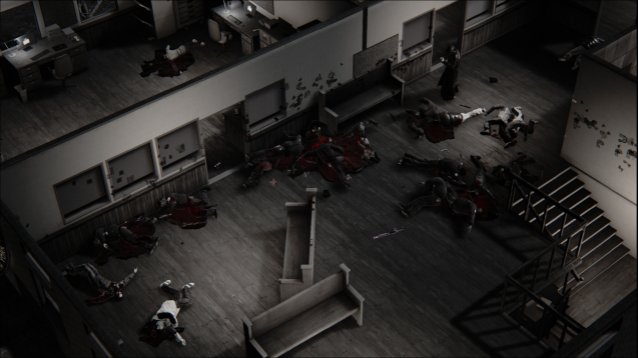
Regardless of what the developers’ statements are, what’s troublesome about Hatred isn’t its content--but its playerbase.
After being temporarily removed from Valve’s Steam Greenlight service, the game was added back onto the service with personal apologies from Valve boss Gabe Newell, who presumably decided that freedom of speech (under which Hatred is certainly protected, in spite of being tasteless as all hell) was important for the platform.
“Here comes our game, which takes no prisoners and makes no excuses."
Those same vote brigaders who enabled the game’s Greenlit status are also conducting their very own crusade on the Hatred discussion forums against “SJWs” or social justice warriors--a group namely comprised of women and minorities. Regardless of what the game offers, putting the game on Steam enables this community of harassers to target women through the Steamworks tools provided with the game and raises the question as to whether Valve should be enabling harassers.
It’s all well and good that Valve wants to promote the freedom of speech through Steam, but when a game like Hatred gets on the platform, that also entails bringing with it a host of users who are detrimental to everyone else on the service.
While Hatred, like Super Columbine Massacre and Ethnic Cleansing, have a right to exist, Valve doesn’t owe the game a place on the platform. It is not censorship to deprive a community of hateful bigots of a wider platform, especially when they have other websites in which to congregate. Constitutional free speech ensures the public can speak out against the government without fear of imprisonment or reprisal; it was not established and secure to be used to threaten the freedoms of others.
Digital platforms like Steam have a moral and ethical obligation to the rest of their customers--not just those who cry for the ‘freedom to offend’--to consider how the things they choose to sell affect their customers and the service they provide.
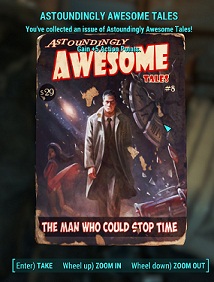
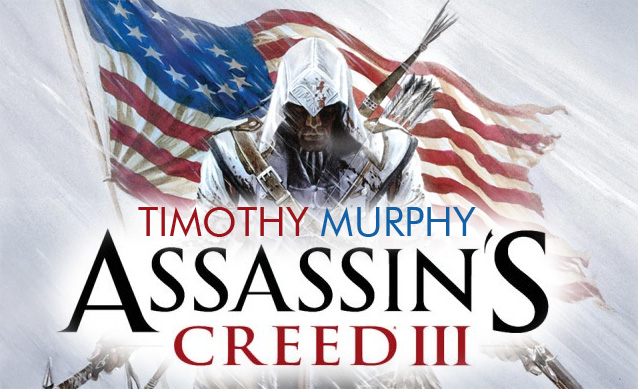

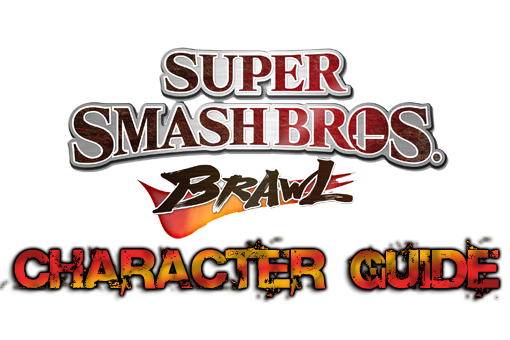
 Bloodborne: The Old Hunters - How to Get the Bowblade
Bloodborne: The Old Hunters - How to Get the Bowblade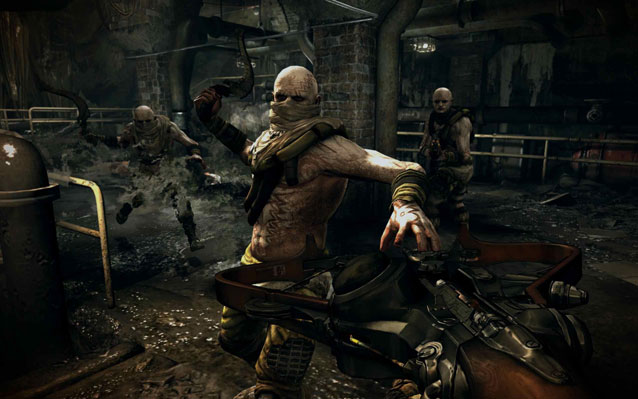 Rage - The Official Gameranx Review
Rage - The Official Gameranx Review Call of Juarez Gunslinger Wiki: Everything you need to know about the game .
Call of Juarez Gunslinger Wiki: Everything you need to know about the game .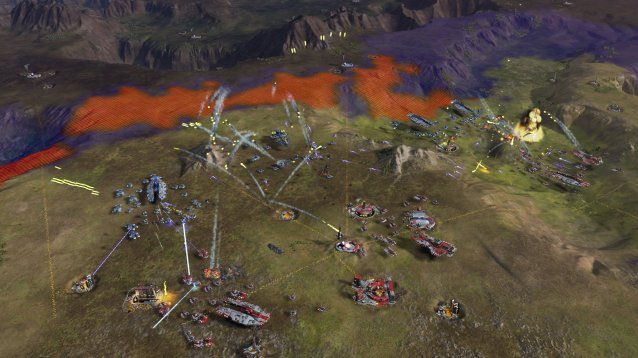 Ashes of the Singularity: What Stardock is Hoping to get out of Early Access
Ashes of the Singularity: What Stardock is Hoping to get out of Early Access Just Cause 3: How to Fix Logging in, FPS drops and Performance Issues
Just Cause 3: How to Fix Logging in, FPS drops and Performance Issues